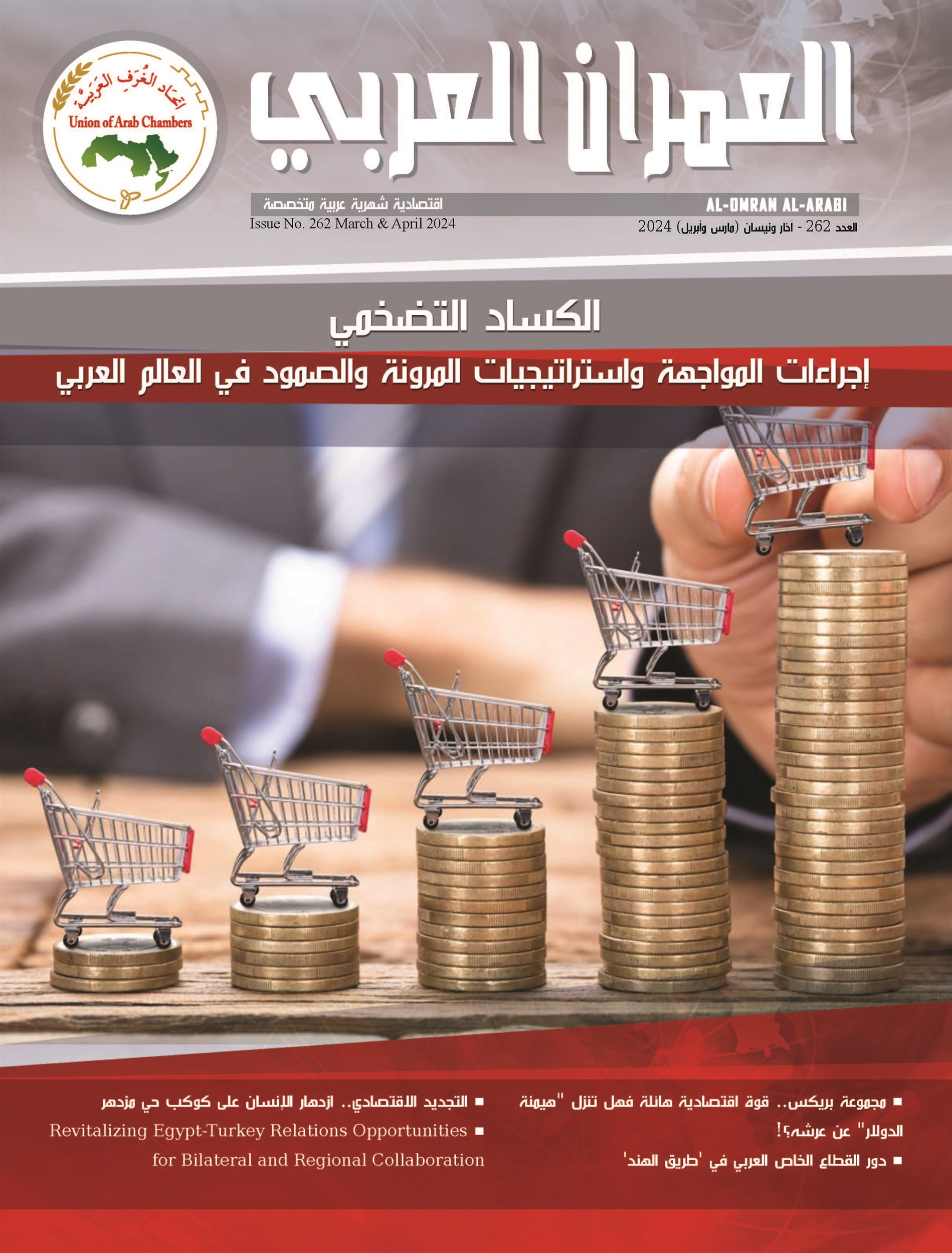
Infrastructure.. The Path Towards Sustainable Economic Development
The Global Infrastructure Competitiveness Ranking (IMD) report, which assesses the quality of the world's infrastructure, sheds light on factors such as physical infrastructure, technological readiness, and scientific infrastructure. Given the importance of the report, especially for Arab countries, as these classifications provide a closer look at the competitiveness of countries in terms of their infrastructure, it must be emphasized that Arab countries today face significant disparities in this classification. According to the 2023 ranking, Switzerland took first place, Denmark came in second, Finland came in third, Sweden in fourth place, and Israel, Botswana, Mongolia, and Venezuela ranked 18th, 61st, 62nd, and 63rd respectively.
Infrastructure rankings provide insights into the quality and readiness of physical and technological infrastructure, as well as scientific infrastructure in different countries. The UAE has made significant progress in the infrastructure quality pillar, reflecting its position as one of the leading countries in the field of infrastructure and its ability to develop qualitatively. This ranking is a testament to the continuous efforts and significant investments made by the government in the field of infrastructure development. Egypt moved up 30 places in the World Economic Forum's Infrastructure Index, which measures the availability and quality of land, sea, and air transport infrastructure, and tourism services infrastructure. For its part, Saudi Arabia continued its progress in the road infrastructure quality index, to the level of 5.7, to reach fourth place globally among the G20 countries, in the World Economic Forum's report for 2023, after intensive efforts, through projects and initiatives, that contributed to achieving this progress. The quality of road infrastructure in Saudi Arabia increased, as a result of government support for growing projects, and the service of the system. The report places Saudi Arabia in fourth place globally among the G20 countries in the road quality index, and the Kingdom will also continue to lead the world in the interconnection of the road network and raise its operational efficiency, in accordance with the highest technical specifications and maximum safety, and with high standards of efficiency and sustainability in infrastructure and the development of user experience, in order to achieve the ambitious goals of the National Strategy for Transport and Logistics, and move forward towards achieving Vision 2030.
Saudi Arabia's progress in the global road quality index came as a result of the government's efforts to improve the network and its connectivity according to the highest technical specifications and confirms that the improvement of roads reflects positively on logistics services and facilitates the transport of goods and the development of trade.
On the other hand, governments in the Arab world must create an environment in which the private sector can thrive by fighting corruption and establishing transparent regulatory frameworks.
Given the long-term nature of infrastructure development and the vast amounts of financing it requires, investors need confidence in the markets in which they operate. Second, countries must support public-private partnerships through which companies and governments work together on major infrastructure projects. These partnerships allow countries to benefit from private sector expertise while allowing officials to focus on policy and planning.
Finally, the international financial institutions must continue to support the development of infrastructure. For example, IFC invested $4 billion in infrastructure projects in fiscal year 2015. However, there is room for development agencies to do more.
